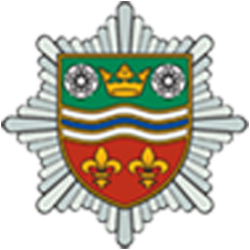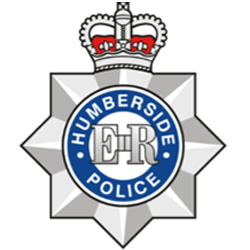
|
||
|
|
||
|
||
|
Control Room Week: Inside the role of a Supervisor |
||
|
As part of National Control Room Week, we’re shining a light on the dedicated teams who work behind the scenes to keep our communities safe. The Force Control Room is often the first point of contact for people in distress, and the decisions made here shape how we respond from the very beginning. It’s a fast-paced, high-pressure environment that demands focus, compassion, and resilience and relies on the experience and commitment of individuals like Rachael, whose role is essential to ensuring the public receives the support they need. Force Control Room Supervisor Rachael Shields said: “I’ve been in the Force Control Room for five years now, and for the last five months I’ve been working as a Demand Resolution Supervisor. I look after a team of 21 call takers across both 101 and 999, and my role is about managing demand, supporting staff, and making sure victims are prioritised from the very first moment. ''I started out as a Contact Officer, which gave me an important understanding of what it’s like to be on the phones speaking to people in crisis, making quick decisions, and trying to get the right help to the right place. I then moved into training, delivering classroom sessions to new starters and existing staff, whether they were contact officers or direct dispatchers. That experience really shaped how I work now. I know what it’s like to be new and to feel unsure, and I understand how important it is to have support from someone who’s been in the role longer and can offer practical insight. ''Now, as a supervisor, I get to support the team in a different way. I manage performance and welfare, carry out quality checks, and give feedback that helps people grow. It’s really rewarding to be able to support colleagues who are now doing the role I once did. Some of our teams are new to the force, and I enjoy sharing my knowledge with them helping them understand what we’re working towards and why it matters. For me, it’s always about putting victims first. ''Even though I don’t speak to the public directly anymore, I know that everyone in this job is here because they want to help people. Whether you’re a contact officer, dispatcher, or supervisor, we work as a team with one priority, supporting the public. ''I’ve recently had the opportunity to join a patrol team and see how our work connects in real time. It’s a great way to build understanding between teams not everyone is familiar with the full detail of what each role involves, and seeing it first-hand helps strengthen that connection. We’re all working toward the same goal, and it’s important that we understand how each role contributes to supporting the public. ''What I enjoy most is seeing people develop. Whether they’re just starting out or looking to progress, I want to help them get to where they want to be. I’ve done the role, I’ve trained others, and now I’m supervising and every step of the way, it’s been about making sure we’re doing the best we can for the people who need us.” If you’d like to learn more about our Force Control Room and the work our teams do, be sure to follow us on social media. If you’ve witnessed or been the victim of a crime that isn’t an emergency, please report it to us. In an emergency, always call 999. For non-emergencies, you can reach us on 101. | ||
Attachments | ||
Reply to this message | ||
|
|











